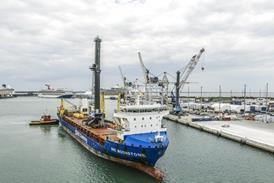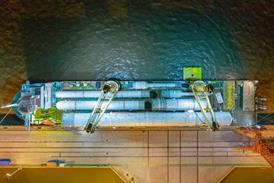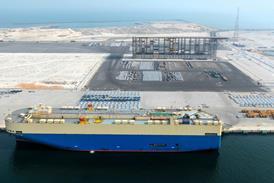December 6 - At the 28th session of the International Maritime Organization (IMO) assembly, the IMO plenary approved the resolution of the Ballast Water Management Convention 2004.
The Ballast Water Management Convention 2004 was created due to the damage caused to the environment by invasive alien species when vessels discharge ballast water. The foreign microorganisms can have a significant detrimental impact on local ecosystems, as well as damaging fish stocks.
All ships, regardless of size, that are designed to carry and discharge ballast water will have to install treatment systems to purify that water prior to discharging it, train personnel how to use it, and develop a ballast water management plan. Ships will be subject to surveys and inspection to maintain certification.
More than 30 countries have ratified the wording of the convention, the first step towards bringing the resolution into effect. However, for the convention to be implemented across the industry, at least 35 percent of the world's global tonnage must agree to the conditions. Currently, only 29 percent of global tonnage has agreed to the measures.
The draft resolution, which has been approved by the IMO plenary, followed the submission and approval of the IMO's Marine Environment Protection Committee (MEPC 65) held earlier this year. A key element of MEPC 65 related to regulation B-3 of the Ballast Water Management Convention 2004, to facilitate the smooth implementation of the convention.
The resolution passed aims to clarify any uncertainty surrounding regulation B-3, and a realistic timeline for the enforcement of the regulation.
Regulation D-3 that relating to ballast water performance standards was also clarified. It recommended that vessels built prior to the entry into force of the convention would not need to comply with the regulation until their first renewal survey. This effectively means that shipowners will need to prove the implementation of ballast water systems at a ship's next dry docking, not from a fixed date.













